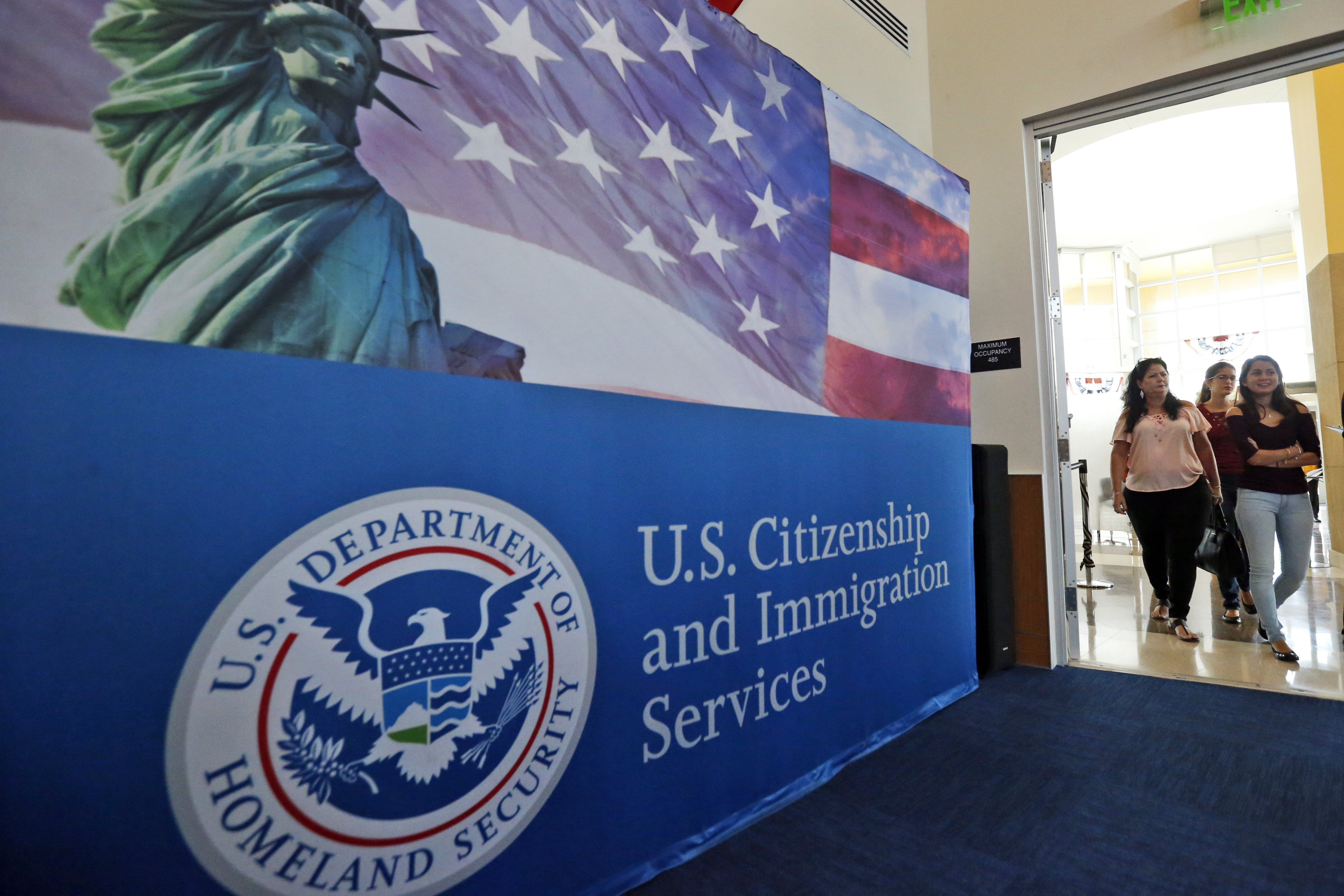Playing the role of the late Supreme Court Justice Antonin Scalia at DC's Arena Stage, Actor Edward Gero declared: "I'm not an ideologue! I am an originalist."
It's a term Justice Scalia liked to talk about. And as Judge Brett Kavanaugh's Supreme Court nomination has heated up, you might have heard it again: “originalist.”
But what is this judicial approach? And what could it mean for our democracy?
Let’s start with the word: An “originalist” practices “originalism.” It’s a way to preserve the Constitution’s original meaning. Originalism tells us to interpret legal language to mean what people thought it meant back when it was passed.
Take the Fourteenth Amendment’s guarantee of “equal protection of the laws.” The Supreme Court used this promise to strike down school segregation in Brown v. Board of Education and more recently to declare a right to gay marriage.
But what would originalists say? Originalists would ask what “equal protection” meant to people in 1868, the year that provision became law. It’s clear most people didn't think “equal protection” applied to gay marriage: In fact, anti-sodomy laws were common back then.
And many scholars argue that school segregation was also seen as permissible. One reason: Congress continued to segregate DC public schools after putting “equal protection” into the Constitution.
So full-throttled originalism could seem radical: It might reverse gay marriage, school desegregation, and yes, that especially divisive one—abortion rights.
That’s what originalism is—going back to original understandings. What do people like about it?
One thing is how originalism’s resistance to change can help grease the wheels of our democracy: The idea here is to encourage us to pass laws ourselves—or pass amendments that can authorize those laws. Then voters instead of judges are driving change.
Another thing is how originalism’s historical approach might crowd out a judge’s personal preferences. That’s why Justice Scalia claimed originalism “handcuffed” him from simply enacting whatever he wanted.
So what’s not to like about originalism?
Well, originalism can also undercut democracy. Consider something called the “dead hand problem”: Just imagine the dead, zombie-like hand of James Madison or Thomas Jefferson creeping out from the grave to govern in the 21st Century. That’s what it might look like if certain originalists are right that our modern welfare state is violating the Constitution.
Plus we might worry the Constitution’s not playing its part if it permits discrimination against historically-neglected groups.
And amending the Constitution is hard. Take the Equal Protection Amendment behind Brown v. Board of Education—that was only enacted because southern secessionist states were forced to ratify it.
There’s also the worry that originalism is really a cover, where you’re aligning yourself with so-called “originalist judges” who might adjust their readings of history when originalism doesn’t already match their political views.
It’s a debate that brings up gritty issues about what kind of democracy we want. What’s clear is few, if any, judges apply originalism to every case. Where they draw the line gets into a judge’s—you guessed it—judgment.
Which is probably influenced more than a little by the judge’s politics.



 Kavanaugh Sidesteps Presidential Powers Questions At Hearing
Kavanaugh Sidesteps Presidential Powers Questions At Hearing






